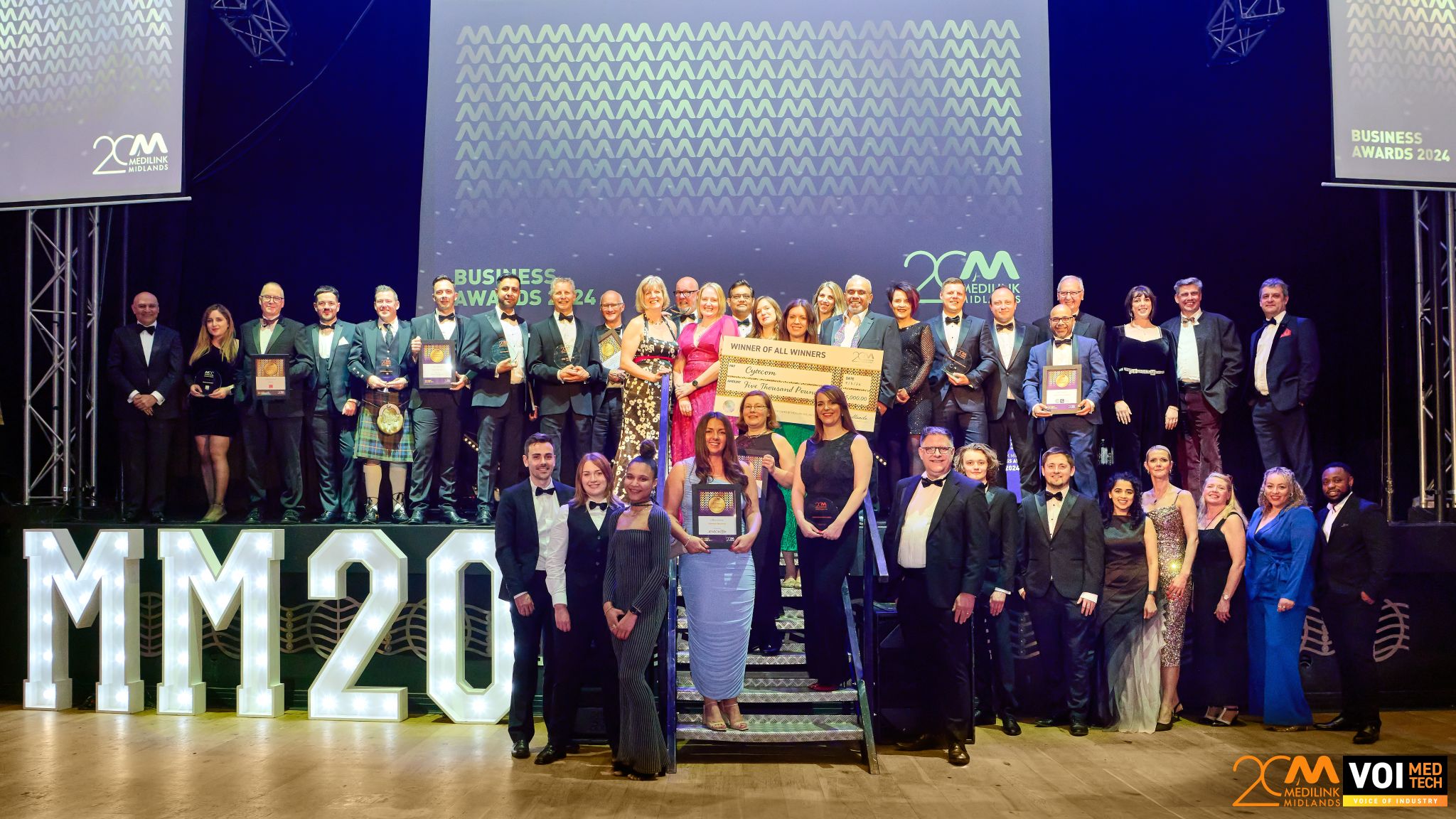Innovation vouchers build capacity for a health technology Start-up
Kickstarting a revolution in bacterial detection
Scaling up innovative research into a new product requires a flexible and adaptive ecosystem of support from the University of Warwick. As Cytecom, a Spinout company developing bacterial detection technology has found, Innovation Vouchers can help build capacity, which attracts new funding and equity investment.
Original research with innovative applications
It is an exciting time to work on the bioelectricity of bacterial cells. Dr James P Stratford and Dr Munehiro Asally of Warwick's Integrative Synthetic Biology Centre Link opens in a new window, demonstrated that electrical stimulation affected bacteria. Forming a Warwick Spinout based on their research, their initial concept was to develop a device that could control bacteria through electrical impulses. These ideas soon pivoted when, by market testing through an Innovation to Commercialisation of University Research (ICURe) grant, they found that the value of the technology lay in its ability to count bacteria in minutes rather than the standard procedure, which took days.
Innovation and knowledge transfer
Building the capacity and skills within a Spinout is critical when scaling-up a prototype into a new, portable health technology. In 2022, at the point Cytecom was testing the prototype for commercialisation, Dr Magda Karlikowska joined as Chief Executive Officer. To develop a market for their device, Cytecom needed to run a lab validation programme across 10 labs, including NHS labs across the UK. Scaling up the prototype and accelerating the detection of living bacteria from minutes to seconds meant bringing additional expertise in machine learning into the team.
When Magda approached the Business Partnership team, they recognised the potential of the device and suggested that Innovation Vouchers would help Cytecom access academic expertise in applied machine learning. The vouchers (£15,000) would build their in-house capacity and help them engage with WMG (Warwick Manufacturing Group) through a Knowledge Transfer Partnership (KTP). Innovation Vouchers fund collaborative projects between small and medium-sized enterprises (SMEs) and Warwick’s world-class academics.
An innovation ecosystem
The Innovation Vouchers and KTP with WMG have cleared the way for Cytecom to apply for and win £1.5 millionin NIHR funding, with match funding through the KTP. Over the next three years the company will scale-up its technology, collaborating with the NHS and the universities of Warwick and Leicester University. The prototype already produces results 48 times faster than the standard plate counts used in medical and industrial testing. This can save lives, but also benefit the economy in other business areas, like food and drink production, by detecting contamination in manufacturing processes.
The Warwick Health Technology ecosystem
Over the past two years a health technology community has started to develop in the West Midlands. The Government is now supporting regions, and this includes a West Midlands Health Tech Accelerator. All Start-Ups in the ecosystem are kept informed of resources including academic, accounting, legal, engineering and hospital partnerships. Bringing entrepreneurs developing medical products together, develops an informed and skilled peer group who understand NIHR funding, equity investment and how to run a business.

“What is really exciting about the Midlands at the moment is that it is one of the regions the government has pledged to support. It is now a thriving hub of life science industries, institutions, Startups and University spinouts. So we were delighted that our work was recognised at the Medilink Midlands Business Awards Link opens in a new window2024. Cytecom won in the category 'Delivering Innovation to Health and Care' as well as earning the 'Winner of All Winners' prize, out of nine of the most innovative life sciences companies and industry collaborations in the region.”
Dr. Magdalena Karlikowka, CEO Cytecom
